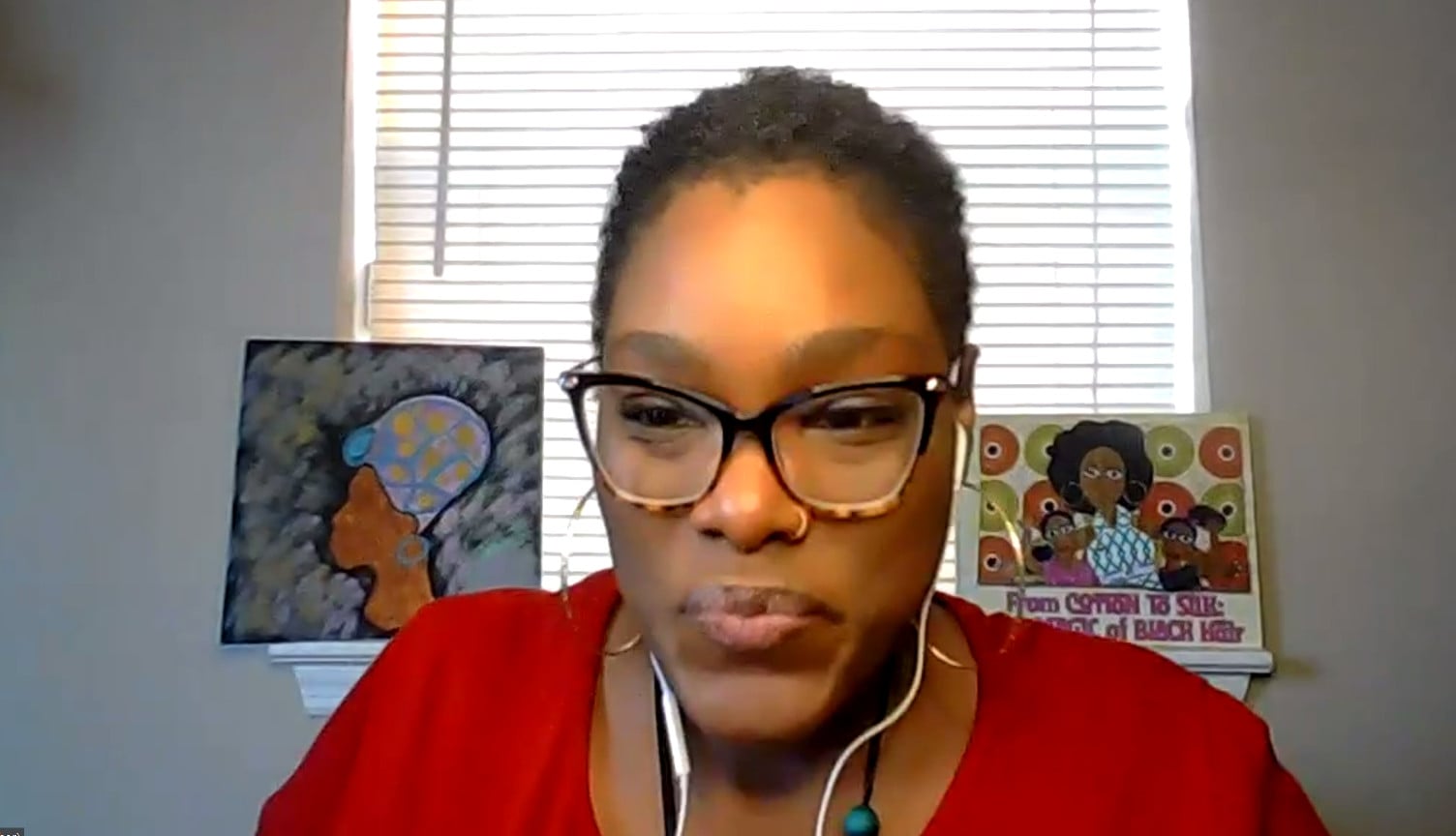UAMS Seminar Focuses on Ending Stigmas Surrounding Veterans’ Mental Health
| The University of Arkansas for Medical Sciences (UAMS) held a virtual seminar aimed at breaking the stigmas regarding the mental health of veterans and active-duty service members.
Isis Pettway, M.S., Licensed Associate Counselor (LAC), with the UAMS Health AR ConnectNow program in the Psychiatric Research Institute, said her goal was to create a safe space for them to express their views about mental health.
“There is a lot of stigma in regards to talking about mental health, but that’s slowly but surely being shattered,” she said.
This stigma is one of the biggest barriers preventing veterans and service members from receiving care, Pettway said. The military culture places a high value on emotional strength and resilience, particularly in stressful situations. This causes many people to worry about being judged as weak or incompetent if they seek treatment, she said.
Some people are reluctant to seek care because they want to solve problems on their own, or they don’t trust the medical system to provide treatments that work, Pettway said. Others just aren’t ready to talk about their trauma.
“The problem is that when those traumatic experiences are not processed, they will show up again in different ways that affect your mental and even physical health,” she said.
Veterans also might face day-to-day obstacles that can keep them from seeking the help they need, Pettway said. Those include transportation or financial issues, a lack of insurance coverage or an inability to take time off from work.
Pettway noted that the rate of major depression among veterans is five times higher than it is for civilians. The rate of post-traumatic stress disorder is 15 times higher for veterans, she said.
To break the stigma surrounding mental health issues, it’s important to see the person instead of the condition, Pettway said.
“I always tell patients, ‘You are not the diagnosis,’” she said. “There might be symptoms to manage, but their diagnosis doesn’t define them.”
Language also has an important role in breaking down barriers to mental health treatment. “The words we use matter, and they can lead a person to open up or shut down,” she said.
There’s a variety of resources available for veterans seeking mental health services, Pettway said. Those include the federal Veterans Crisis Line and UAMS Health AR ConnectNow.
Pettway urged those who struggle with mental health issues to remember that they’re not going through it alone. “There’s power in numbers and in sharing stories,” she said. “You never know whom you might inspire.”
The seminar was sponsored by the Veterans Subcommittee of the UAMS Division for Diversity, Equity and Inclusion (DDEI).
